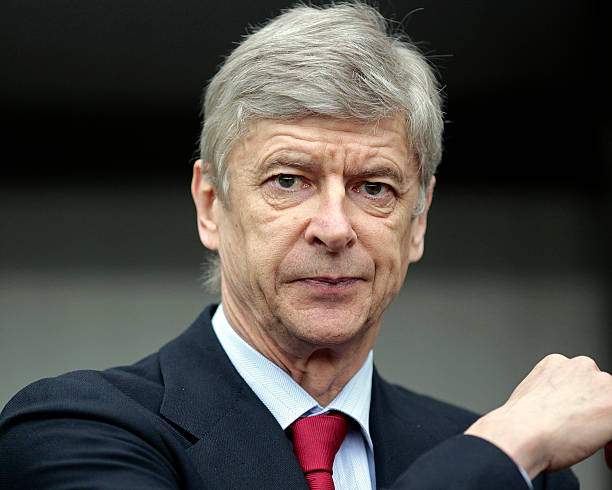After losing 3-0 to Manchester City in the Carabao Cup final on Sunday, there’s more pressure than ever on Arsenal to sack Arsene Wenger, but some believe this isn’t contractually possible.
According to the BBC’s David Ornstein, who’s notoriously accurate when it comes to Arsenal gossip, when Wenger signed his two-year extension at the end of last season, there was no break clause included.
Arsene Wenger today physically signed a new two-year contract (no break clause) to remain Arsenal manager until 2019, 23 years in total #AFC
— David Ornstein (@bbcsport_david) May 31, 2017
Some fans seem to believe this means that unless Arsenal and Wenger mutually agree that he should stand down as manager, the club can’t get rid of him.
This isn’t true though.
What is a break clause?
According to Practical Law, a break clause, which you may have already encountered when renting property, is a clause which allows either party to end the contract before its expiry.
An absence of such a clause suggests that neither party can terminate the contract but this isn’t actually how it works.
If you have to leave a property before the fixed term and there’s no break clause, you would have to pay the landlord the remaining rent, whether you were at the property or not.
In Wenger’s case, it simply means that Arsenal would have to pay him the amount of money owed for the remainder of his contract.
If Arsenal sacked him at the end of this season, for instance, they would have to pay him the £8m he would have earned in wages during the 2018/19 campaign.
Therefore, Arsenal can sack Wenger but they have to pay him. That’s if Ornstein was right – there might well be a break clause in the contract he signed last year.

